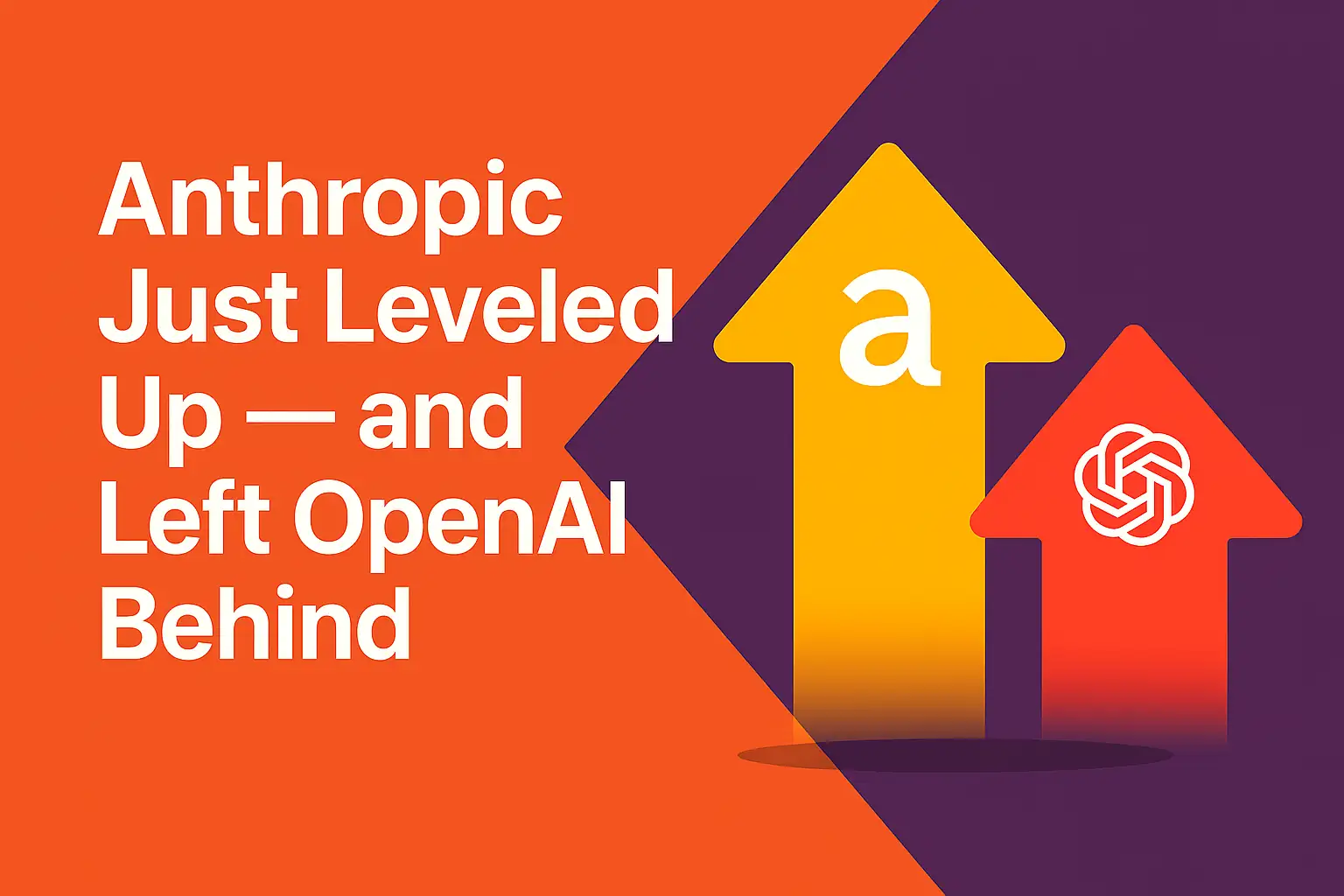
How Anthropic’s Agent Skills Turn Claude Into a Real Digital Team Member
- What Agent Skills actually are
- How it works: from folders to functional AI
- Why this is different from OpenAI agents
- Real-world use cases
- For developers: SDK, portability, and integration
- Security, scalability, and version control
- Why it matters for teams and businesses
- The future of skilled AI teams
What Agent Skills actually are
In simple terms, Agent Skills are structured packages of knowledge and behavior that you can plug into Claude. Instead of feeding your AI random data, you give it an organized folder — like a “skill set” — that includes markdown documentation, scripts, instructions, or even assets. Each Skill defines how the AI should behave, what it knows, and which tools it can use.
Think of it as creating a digital employee who comes to work already trained, with their own manuals and procedures — ready to collaborate with your existing team.
How it works: from folders to functional AI
Each Agent Skill lives inside a structured folder. Inside, you’ll find:
- knowledge.md — Documentation or rules describing what this skill covers.
- scripts/ — Custom Python or JS scripts for actions or automations.
- assets/ — Visuals, brand files, or templates used by the agent.
- config.json — Metadata that defines permissions, dependencies, and version info.
When uploaded, Claude reads the entire structure, organizes it semantically, and builds a “mental model” of that skill. When a prompt or task requires relevant expertise, Claude can automatically load the right skill — or combine multiple ones when needed.
This design bypasses the old limits of prompt engineering and static context windows. The result? Context-rich AI that doesn’t forget its training halfway through a conversation.
Why this is different from OpenAI agents
- Structured knowledge, not just raw context — Instead of one long prompt, each Skill is a well-organized dataset, complete with references and internal logic. It’s modular and composable.
- Reusability — You can mix and match Skills for specific use cases (e.g., combine a “Marketing Copywriter” skill with a “Brand Voice” and “SEO Analyzer”).
- Portability — Skills work across Claude.ai, Claude Code, the Agent SDK, and the Developer Platform. Build once, use anywhere.
- Smart scaling — Claude loads only what’s relevant at any given moment (progressive disclosure), avoiding token overflow and keeping responses snappy.
- Transparency and security — Every Skill can be audited, versioned, and controlled — no hidden data blending or model drift.
In short, OpenAI agents can “connect” to tools. Claude’s agents can master them.
Real-world use cases
Agent Skills unlocks a new level of specialization in AI-assisted work. Here’s what that looks like in practice:
- Marketing teams — Upload playbooks, tone-of-voice guidelines, and brand assets. Claude learns your content strategy and generates campaigns consistent with brand DNA.
- Sales departments — Provide scripts, product data, and pricing sheets. The agent can handle lead qualification or even draft follow-up emails tailored to your company’s messaging.
- Engineering teams — Add API docs, code snippets, and project READMEs. Claude acts as a coding assistant that knows your stack — no more explaining context every time.
- Finance teams — Upload policy PDFs and expense workflows so the agent can automate report summaries, approvals, or even data validation.
- HR and onboarding — Feed in company values, benefits, and legal templates. Claude becomes a virtual HR assistant that answers employee questions accurately.
Instead of one generic AI that “knows a bit of everything,” you end up with a set of digital experts who know your organization inside out.
For developers: SDK, portability, and integration
Developers can build and deploy Skills via the Agent SDK or directly within Claude’s Developer Platform. The process feels like packaging a microservice:
- Create a structured folder with documentation, config, and code.
- Upload it to your Claude workspace or SDK environment.
- Define how the Skill interacts with APIs, files, or user data.
- Deploy, version, and call Skills dynamically from other systems.
This modular design means one Skill can serve multiple agents — or even connect with non-Claude platforms via standardized APIs. It’s plug-and-play intelligence for your ecosystem.
Security, scalability, and version control
Enterprise teams will love the governance features. Every Skill can include an audit trail of who created or modified it, what dependencies it uses, and which permissions it requires. Skills can also be pinned to versions — ensuring your “Finance Policy 1.2” doesn’t accidentally pull from outdated sources.
On the scalability side, progressive context loading means Claude doesn’t try to process every file at once. Instead, it fetches information when needed, similar to lazy-loading in web apps. This drastically reduces cost, improves speed, and avoids hallucination from irrelevant data.
Why it matters for teams and businesses
This shift from “one big prompt” to “structured organizational knowledge” changes everything about how teams use AI. You can now embed your workflows, rules, and brand identity directly into AI systems — and reuse them across the company.
Imagine every department having a digital twin that knows its procedures and communicates flawlessly with other AIs. Marketing briefs the AI designer. Sales shares product updates with the AI CRM agent. The loop becomes autonomous — and consistent.
For startups, this means faster onboarding and leaner teams. For enterprises, it means scalable, compliant, context-aware automation.
The future of skilled AI teams
Anthropic’s Agent Skills represent a fundamental shift in how we think about AI. The future won’t be one large general model that tries to know everything. It will be teams of narrow, skilled agents — each expert in its domain, all working together seamlessly.
We’re entering a new phase: from prompt engineering to knowledge engineering. The companies that start building Skills today will lead tomorrow’s AI-driven organizations.
One thing’s certain — the age of the “jack-of-all-trades” AI is ending. The age of the skilled digital team has begun.